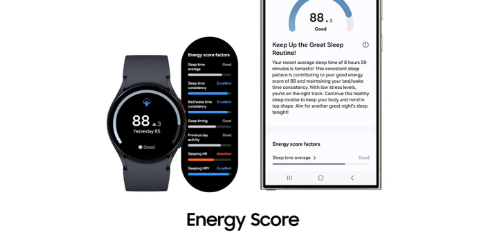Contrary to Brazil, which is still in its infancy in the search for legislation that regulates social networks and big techs, European countries are beginning to put into practice legislation that focuses on social influencers, and as a consequence, affect platforms that profit from irresponsible content, hatemongers, abusers and even criminals.
ADVERTISING
In the United Kingdom, the Advertising Standards Authority (ASA) issued new guidelines for digital content producers at the beginning of the semester. The organization even created a definition for what an influencer is:
“An individual active on a social media platform, who offers their views on products and services to their followers.”
According to a the ASA guidelines, content producers considered influencers are those who have the ability to exert their influence to collaborate as brand propagandists, endorse products and participate in sponsored content partnerships, with the power to promote attitudes, behaviors and even purchasing choices of your audience (or followers).
ADVERTISING
And there is no specific number of followers to receive influencer status, according to the ASA, but the ability to generate interest and encourage behavior (beneficial or negative). Indeed, an influencer is not necessaryariamind is a human being: it can be an entity, an animal or even avatars or virtual images generated by artificial intelligence – relevant in an era concerned with the popularization of AIs.
The ASA guidelines cover deceptive practices, false claims, offensive content, intellectual property rights and anti-competitive behavior. All to “guarantee transparency, authenticity and equity in the influencer industry”, says the body.
In France, a new law approved at the beginning of June promete be a game changer for the recognition of influencers in Europe. In addition to regulating the activity – which establishes a minimum age of 15 years – it increases the sector's responsibility by introducing variable penalties based on the severity of the infraction. There are fines of up to 300 thousand euros and prison sentences of up to two years.
ADVERTISING
French parliamentarians understand that the law is extremely necessary to combat “the promotion of dangerous diets, cosmetic surgeries, encouraging excessive gambling and endorsing counterfeit products“. Cases like this have already been identified in several countries, including Brazil.⤵️
Outside of the European continent, Australia is beginning to discuss ways to fill the gaps in its Law Online Security (approved in 2021), which regulates influencer activity, especially in relation to disinformation. The country was a pioneer in this type of regulation.
In the United States, some states are beginning to impose restrictions and create regulations for the activity of content producers on social media. This year, Utah became the first state to restrict the use of networks such as Instagram, TikTok and Facebook by people under 18 years of age.
ADVERTISING
In Brazil, PL 2330, which aims to combat the dissemination of fake news on the internet, – and thereby regulate digital platforms and their content creators – is still awaiting a decision from the president of the Chamber, Arthur Lira, to return to the voting agenda after the fighting with the so-called “big techs”, contrary to regulation.





